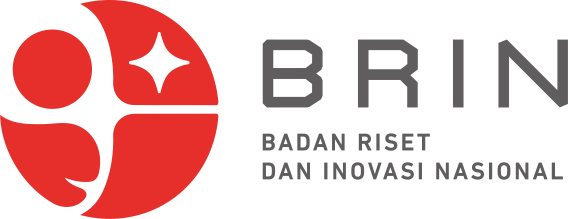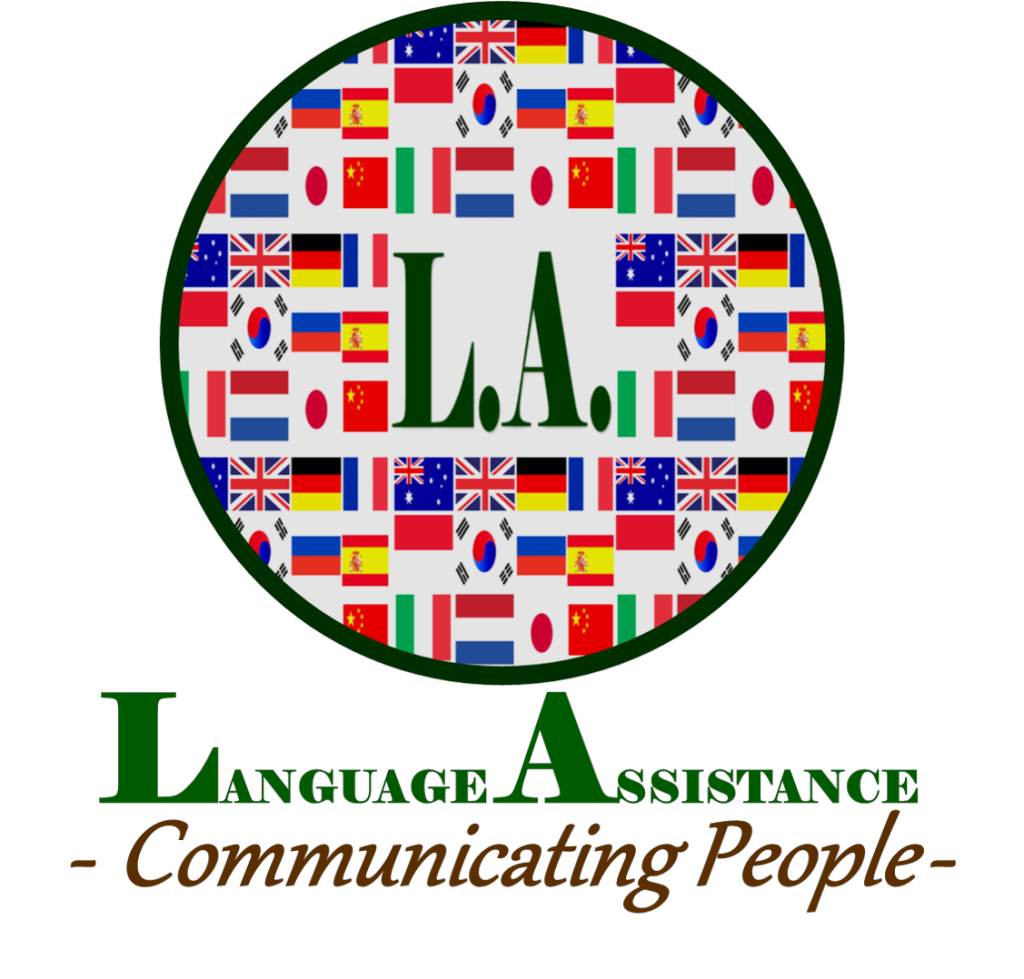Author Guidelines
The manuscript should include:
-
Title Page – Title, author(s) details, affiliation(s), and corresponding author’s contact information.
-
Abstract – A concise summary (150–250 words) covering objectives, methods, results, and conclusions.
-
Keywords – 4–6 relevant keywords.
-
Introduction – Background, research objectives, and significance.
-
Literature Review – Discussion of relevant theories and previous studies.
-
Methodology – Research design, data collection methods, and analytical techniques.
-
Results and Discussion – Presentation of findings and their interpretation.
-
Conclusion and Implications – Summary of key findings, contributions, and future research directions.
-
References – Must follow the APA (7th edition) citation style.
The manuscript should include:
-
Title Page – Title, author(s) details, affiliation(s), and corresponding author’s contact information.
- Abstract – A concise summary (150–250 words) covering the review's purpose, the methodology used for searching literature (e.g., systematic, narrative), the main themes or findings synthesized, and the primary conclusions/gaps identified.
-
Keywords – 4–6 relevant keywords.
-
Introduction – Context and importance of the review topic. Clearly state the research question(s) or objective(s) of the review and its value to the field.
-
Review Methodology – A detailed account of the process. This is crucial for transparency, especially for systematic reviews.
-
Thematic Analysis and Synthesis – The core of the review. Organize the existing literature into logical themes or chronological order.
- Discussion – Interpret the synthesized findings. Identify overarching patterns, consensus, debates, and critical gaps in the existing body of knowledge. Discuss the theoretical and practical implications of what the literature reveals.
-
Conclusion and Future Research Directions – Summarize the main insights from the review. Explicitly outline the specific, actionable gaps identified and provide clear directions for future primary research.
-
References – Must follow the APA (7th edition) citation style.
MANUSCRIPT STRUCTURES (for Case Studies)
The manuscript should include:
-
Title Page – Title, author(s) details, affiliation(s), and corresponding author’s contact information.
- Abstract – A concise summary (150–250 words) covering the context and background of the case, the central issue or phenomenon explored, the methods of investigation, the key findings, and the lessons learned or implications.
-
Keywords – 4–6 relevant keywords.
-
Introduction – Present the case and its significance. Explain why this particular case is worthy of study and how it contributes to understanding a broader issue in hospitality, tourism, or culture.
-
Literature Review / Conceptual Framework – A focused review of the key theories or concepts that underpin the analysis of the case (e.g., stakeholder theory, carrying capacity, authenticity, service-dominant logic).
-
Case Description and Methodology – A detailed description of the case setting (e.g., the hotel, destination, community). Clearly explain the research design (e.g., single-case, embedded case), data collection methods (e.g., interviews, observation, document analysis), and data analysis techniques.
-
Case Analysis and Findings – Present the empirical findings from the case investigation. This section should weave together data (e.g., quotes, observations) with the conceptual framework from the literature.
-
Discussion – Interpret the findings in the context of existing literature. Discuss what the case reveals about the broader phenomenon. How does it challenge, confirm, or extend existing theories or practices?
-
Conclusion: Implications and Lessons Learned – Summarize the key takeaways from the case. Clearly state the practical implications for managers, policymakers, or communities, and the theoretical contributions. Also, acknowledge the limitations of a single case study.
-
References – Must follow the APA (7th edition) citation style.
Please see the Reference Examples by Source Type
A. Journal Article
Format:
Author, A. A., & Author, B. B. (Year). Title of the article. Title of the Periodical, Volume(Issue), Page Range. https://doi.org/xxxxx
Example with DOI:
Chen, J. S., & Prebensen, N. K. (2021). The role of wellness tourism in post-pandemic recovery. Tourism Management Perspectives, 40(2), 100893. https://doi.org/10.1016/j.tmp.2021.100893
Example without DOI (from a database or print):
Smith, M., & Robinson, M. (2019). Cultural tourism in a digital age. Annals of Tourism Research, 75, 78-91.
B. Authored Book
Format:
Author, A. A. (Year). Title of the book: Subtitle if any (Edition). Publisher.
Example:
Pine, B. J., & Gilmore, J. H. (2019). The experience economy: Competing for customer time, attention, and money (2nd ed.). Harvard Business Review Press.
C. Chapter in an Edited Book
Format:
Author, A. A., & Author, B. B. (Year). Title of the chapter. In E. E. Editor & F. F. Editor (Eds.), Title of the book (pp. xx-xx). Publisher.
Example:
Richards, G. (2018). Cultural tourism: A review of recent research and trends. In M. T. Sinclair & I. S. Yeoman (Eds.), The Routledge handbook of tourism futures (pp. 145-163). Routledge.
D. Newspaper Article
Format:
Author, A. A. (Year, Month Day). Title of the article. Title of the Newspaper. URL
Example (Online):
Siregar, M. (2023, August 15). Bali targets sustainable tourism with new visitor levy. The Jakarta Post. https://www.thejakartapost.com/indonesia/2023-08-15/bali-targets-sustainable-tourism-with-new-visitor-levy.html
Example (Print, with no author):
New policy aims to protect Balinese heritage sites. (2022, June 5). Bali Sun, p. A4.
E. Website or Online Document
Format:
Author, A. A. (Year, Month Day). Title of the page. Site Name. URL
Example (with an author and date):
World Travel & Tourism Council. (2022, July 19). Global tourism sees strong recovery in 2022. https://wttc.org/News-Article/Global-tourism-sees-strong-recovery-in-2022
Example (with a corporate author and no date):
UNESCO. (n.d.). Cultural landscape of Bali Province. Retrieved October 26, 2023, from https://whc.unesco.org/en/list/1194/
FORMATTING GUIDELINES:















